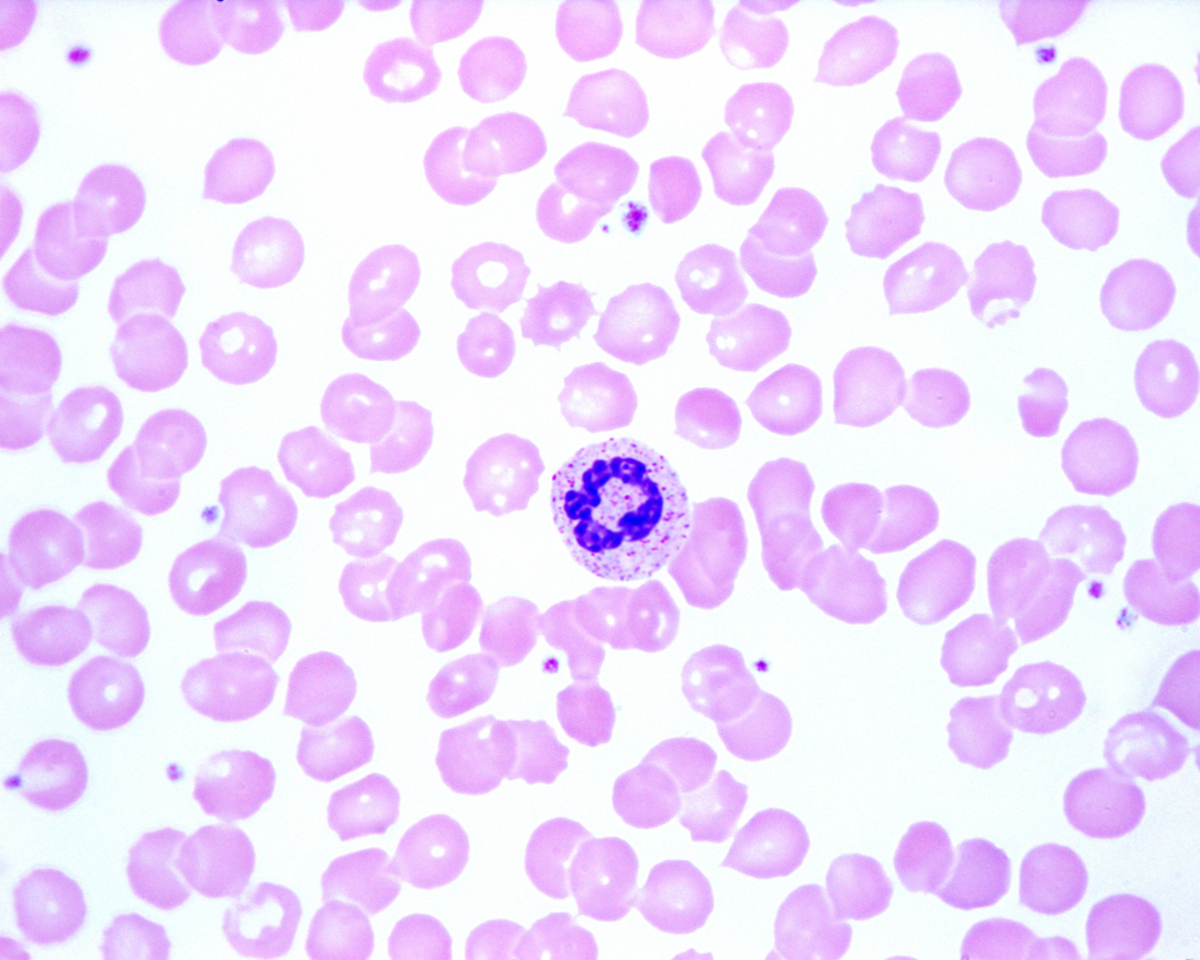
Mononucleosis (Mono, Epstein-Barr Virus)
Updated January 29, 2024
What is Mononucleosis?
Mono, or infectious mononucleosis, refers to an illness usually caused by the Epstein-Barr Virus (EBV). The virus is spread mainly through direct contact with saliva of an infected person, which is why some people refer to it as “the kissing disease.” It can also be spread through blood, sexual contact, and organ transplantation.
According to the Centers of Disease Control and Prevention (CDC) mono occurs 25 percent of the time when an adolescent or young adult is infected with EBV. For this reason, mono affects mainly high school and college students.
People with mono often have a high fever, sore throat, and swollen lymph nodes in the in the neck and armpits. Most cases of mono are mild and resolve easily with minimal treatment. Due to the long incubation period, you may not even be aware you have mono. The infection is typically not serious and usually goes away on its own in 1 to 2 months. Mono can continue to be contagious for 3 months or more after you experience the symptoms. Once you have an EBV infection, you aren’t likely to get another one.
Mono is hard to distinguish from other common viruses such as the flu. If your symptoms don’t improve after 1 or 2 weeks of home treatment such as resting, getting enough fluids, and eating healthy foods, see your doctor. Occasionally, your spleen or liver may also swell, which is rare, but very serious and can be fatal if not treated.
Young people between the ages of 15 and 30, students, medical professionals and caregivers, and people who take immunosuppressant drugs are at highest risk for contracting mono. Immunosuppressant drugs are medications that suppress the immune system.